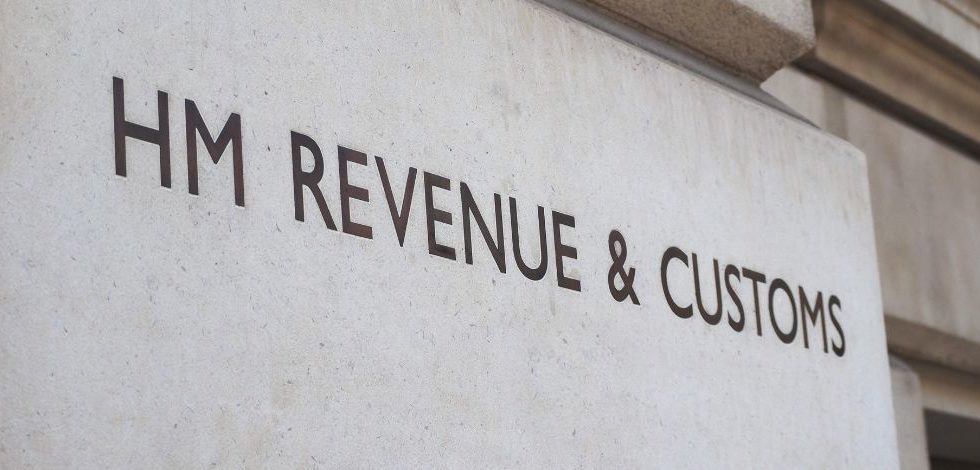Amidst unparalleled domestic political turbulence, the UK’s emphasis on the importance of innovation has remained a notable constant. And as a result, whilst economic pressures put a strain on funding options, confidence in the UK’s Innovation Strategy is high.
However, unintended consequences of HMRC’s clampdown on fraudulent tax claims, and slashing of the SME scheme are starting to build a concerning picture for the future of R&D.
Ayming’s inaugural UK Innovation Barometer examines the current state of the UK’s innovation landscape, as well as considers the various reforms that have the potential to influence businesses operating across the technology, manufacturing, food & beverage, construction, financial services, and pharmaceutical industries.
In November 2022, Ayming surveyed 200 senior innovation, finance, tax, and CEOs/MDs in the UK. Survey respondents are all at CXO, director or head of department level, and evenly split across SMEs (companies with 250 employees or fewer) and larger companies.
Budget confidence
The majority of firms that responded to the survey have experienced a positive change to their R&D budgets, with 54 per cent of respondents reporting an increase in the last year. Given the challenging economic conditions, it’s encouraging that most businesses have felt able to continue prioritising innovation.
Mark Smith, Partner of R&D Incentives and Grants at Ayming UK comments, “The number of firms increasing their R&D budget is indicative of a rebalancing of priorities we’re seeing right across the UK. Previously, R&D has been viewed as a nice-to-have discretionary spending avenue, and during periods of economic uncertainty, budgets have suffered as a result.”
And looking ahead, when asked if firms expect their R&D budget to increase next year, a further 12 per cent answered that they do, reflecting a robust continuation of this positive trend. This is then reinforced by a three-point drop in the number of firms expecting their budget to decrease next year down to 20 per cent.
Benjamin Craig, Associate Director of R&D Tax Incentives at Ayming UK, adds context, “As businesses begin to recover fully from the impact of the pandemic, it isn’t a surprise to see that most R&D budgets are increasing again. Where firms may have been forced to cut back in 2020, we’re now beginning to see a return to pre-pandemic funding norms.”
For SME businesses, confidence is soaring even higher, with 69 per cent of respondents with fewer than 250 employees expecting their R&D budget to increase next year.
Njy Rios, Director of R&D Incentives at Ayming UK, raises her concerns, “With the Chancellor’s 2022 Autumn Statement making significant cuts to R&D tax relief for SMEs, this optimism might well turn out to be misplaced. As small and medium businesses plan for future R&D activity, they will have to consider the additional cost of innovation once their current benefits are reduced.”
To discover the insights in full, click the button to download Ayming’s UK Innovation Barometer.













No Comments